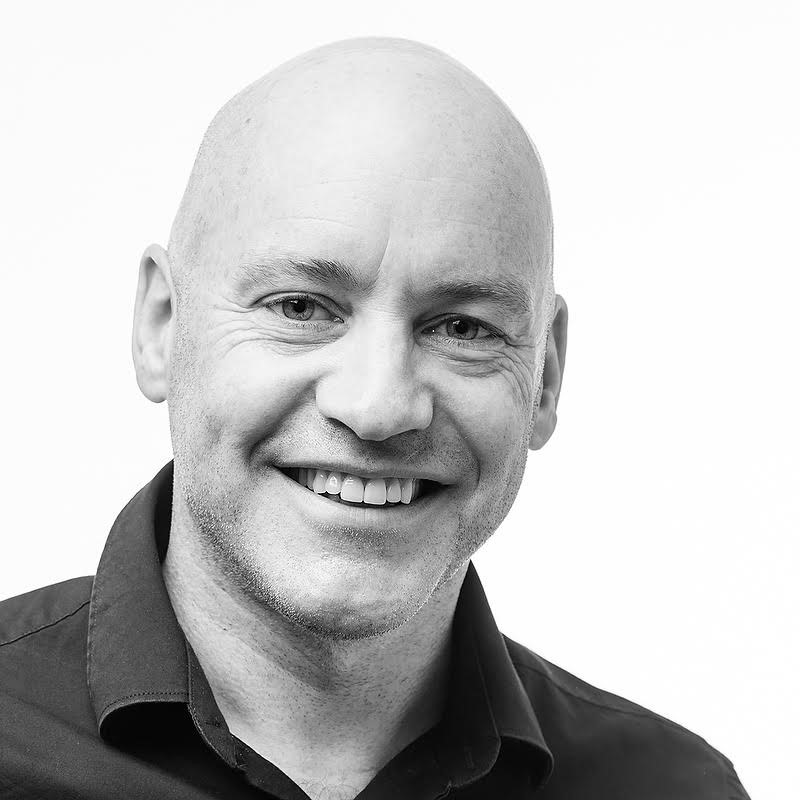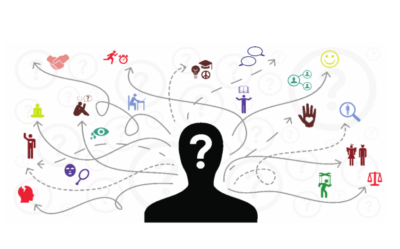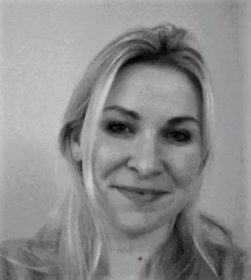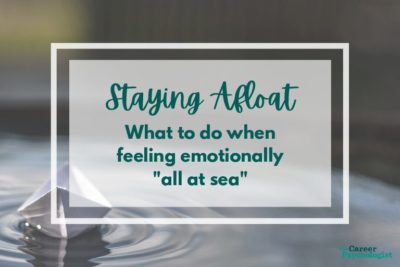Rather than a company, we are a group of psychologists and coaches who have decided to collaborate. This means you can trust us to advise what is actually best for you, rather than most lucrative for us – we don’t make profits, we just earn a living.
Why choose us?
We're here to answer all your questions
If your question isn’t listed here, drop us a line and we’ll get back to you right away.
-
What is the Career Psychologist network?
-
Who do you work with?
A wide variety of private individuals and organisations. We’ve worked with 100s of people from all walks of life, employed, not employed, entrepreneurs, graduates, mid-career changers and senior leaders. Our organisational clients range from professional services, banking and finance, oil and gas, construction and FMCG to elite athletes.
-
Why would I need a psychologist?
Don’t worry. We won’t ask you to sit on a couch and tell us about your difficult childhood.
Psychology is the science of human behaviour. Psychologists can therefore offer new and different perspectives on how and why we get stuck. This helps our clients understand what’s holding them back.
Getting unstuck and finding more effective and meaningful work can be a long and complex journey. Along the way there can be many challenges – practical and psychological. We can help you deal with both.
If you like the sound of this, get in touch.
-
How are you different from other coaches?
Read about the 5 reasons to choose The Career Psychologist here.
If you like the sound of us, get in touch to set up an informal chat.
-
How long does the career change process take?
It depends.
In general, our career change plans are designed to help you think differently about yourself and your career. This takes time and effort. We would estimate that on average each step of the 5 step career change process takes 3-4 weeks. Our aim is to help clients feel that they truly did all the ‘due diligence’ they could possibly have made on their career decision. In some cases, this can be very rapid. Even a one off session can do the trick. But we have also had clients commit to a 12 month process, which allows a slow and planned transition.
The average is something like 3-4 months.
If you’d like to chat further, get in touch.
-
Will I inevitably change career / job after your process?
No.
Many people do, but the objective is to make the best possible decision. In some cases (perhaps 30% of our clients) they choose to stay where they are. For now. But in general, these people make a clear plan for the future (by working on a clear transition plan) and / or they take some concrete steps to improving their job right now. This is called job crafting.
Career paralysis, or being ‘headstuck’, is a kind of mental limbo, a non-decision. That’s very different from consciously deciding to stay in your current work on your own terms. Ultimately the Getting Unstuck process is not about leaving your current job, but making a conscious decision about the future.
Get in touch if you’d like to discuss this further.
-
Can you help me move from 9-5 work to something more flexible?
Yes, if that’s what’s right for you.
In the Getting Unstuck process there is a specific section on generating options. At this stage we encourage people to imagine what different combinations of jobs or projects might look like (for example, 2 days per week on an exciting freelance project, 2 days per week doing work to pay the bills and 1 day per week childcare).
Or we explore transition moves, for example cutting down to 4 days in your current job and creating 1 day per week to work on your new business or freelance idea.
All options are systematically evaluated and in the final step, a clear plan created to help you move forward with clarity and purpose.
Get in touch if you want to discuss how the Getting Unstuck process could help you.
-
Do you use psychometric tests?
Yes, where it helps – but we use them cautiously. Personality cannot capture your whole essence – you’re not a ‘type’, you’re a human. Second, personality is contextual, not absolute: a strength in one context is a weakness in another.
And we don’t believe in ‘matching’ people to an ideal job. Job markets are far too complex and fast-moving. They’re based on backward-looking data, and can only cope with the major career types. Because of this, they can’t recommend new careers, nor less well-known careers or portfolio careers. Humans are even more complex. It’s easy to find introverted sales people and extravert librarians. And psychometric tests have a tendency to reinforce someone’s rigid view of themselves, when what is needed is reinvention.
So unless used wisely, psychometric tests are just as likely to keep you trapped in old ways of thinking as to open new avenues.
-
What’s the first step?
If you feel we might help transform your career, it’s usually best to meet or speak with one of our career psychologists informally about your situation.
If after that we both think we could work together, we’ll make a proposal (i.e. number of sessions, cost, objectives and outcomes) based around your specific requirements.
So to take the first step, just get in touch.
-
What are your prices?
Individuals:
Our aim is to make the very best career coaching and psychology available at the most competitive prices. Prices continue to vary for individual career services between psychologists, location, number of sessions booked and availability.
We offer a free introductory session to assess what kind of career services you need after which you will receive a detailed proposal with cost information attached. Get in contact here to book your introductory session.
Organisations:
For all corporate coaching services prices are available on request – please contact us.
-
Do you work with companies and other organisations?
Yes!
We offer both Executive Coaching and tailored training programmes for organisations. Our clients include Astra Zeneca, Boston Consulting Group, Bank of America, Danske Bank, Laing O’Rourke, London Airports, HMRC, the UAE Government, Thames Water and UK Power Networks. We also work with the third sector, offering coaching and workshops at discounted prices.
For more detail on our services go here.
To discuss any of our corporate services and prices please contact us.
Get in contact
We’d love to know more about you and whether we can help you get unstuck.
Fill in our enquiry form and we’ll back to you as soon as possible.




 Day 1; 56 conscious thoughts about checking my phone!
Day 1; 56 conscious thoughts about checking my phone!
 This blog was written by Naomi de Barra – a Business Psychologist and valued member of The Career Psychologist Team.
This blog was written by Naomi de Barra – a Business Psychologist and valued member of The Career Psychologist Team.
 To a poor swimmer, doing “nothing” in such a situation would be counter-intuitive, in fact they just wouldn’t think of it. But to an accomplished swimmer, lying flat on the water comes naturally and easily. This is how one person describes their experience of staying afloat:
To a poor swimmer, doing “nothing” in such a situation would be counter-intuitive, in fact they just wouldn’t think of it. But to an accomplished swimmer, lying flat on the water comes naturally and easily. This is how one person describes their experience of staying afloat: Mental health problems can arise for many of us in the workplace. The above metaphor was developed in collaboration with two clients who gave consent for this to be published to help others. Both individuals are highly successful business executives; one of whom suffered from work-related anxiety and panic attacks and another who suffered from chronic depression and at times could become submerged in suicidal thoughts. If you’re struggling with your mental health in your career or working life, you may benefit from having a quick chat with a career psychologist. A good starting point may be to have a look at The Career Psychologist website (
Mental health problems can arise for many of us in the workplace. The above metaphor was developed in collaboration with two clients who gave consent for this to be published to help others. Both individuals are highly successful business executives; one of whom suffered from work-related anxiety and panic attacks and another who suffered from chronic depression and at times could become submerged in suicidal thoughts. If you’re struggling with your mental health in your career or working life, you may benefit from having a quick chat with a career psychologist. A good starting point may be to have a look at The Career Psychologist website (